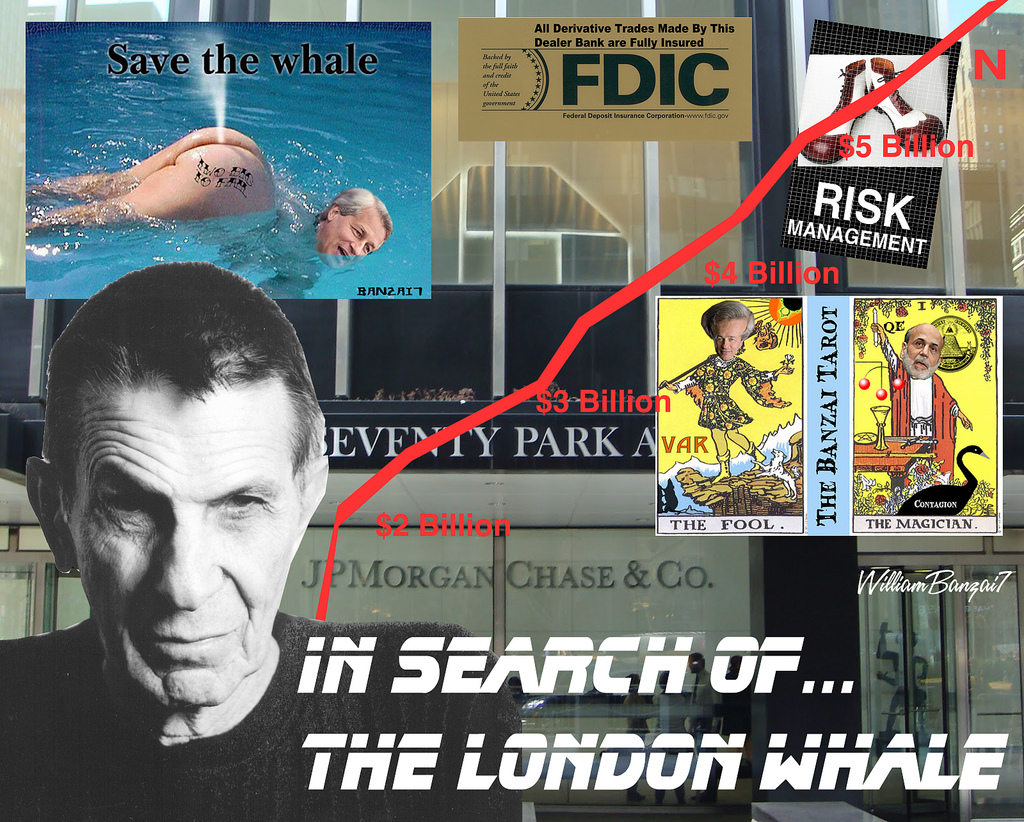Courtesy of Pam Martens.
Yesterday, William Dudley, President of the scandalized Federal Reserve Bank of New York, cast off his Fire Warden’s helmet long enough to enthrall an audience at Bernard M. Baruch College in New York City with his soothsaying ability on economic matters.
Dudley sits at the helm of the regional Fed bank that supervises the mega Wall Street banks that collapsed the U.S. economy in 2008. His ability to supervise either the Wall Street banks or his own institution has come into serious question. Recently, he told Senator Elizabeth Warren during a Senate hearing that he viewed his regulatory role over Wall Street not as a cop on the beat but “more as a fire warden,” making sure the banks don’t burn down. (Burning the country down is clearly another matter.)
The U.S. Senate Subcommittee on Financial Institutions and Consumer Protection called Dudley to testify on November 21. Darrell Delamaide, writing for USA Today, called Dudley’s demeanor at the hearing “slightly cocky.” It was that and more. At times, Dudley delivered his answers through clenched teeth, giving the impression that he viewed his inquisitors as dunces.
The hearing was triggered by a history of regulatory lapses at the New York Fed followed by the September release of internal tape recordings made by Carmen Segarra, a former bank examiner who says she was fired from her job at the New York Fed in retaliation for refusing to change her negative examination of Goldman Sachs. Portions of the tape recordings were released by ProPublica and public radio’s This American Life, showing a regulator willing to accept “legal but shady” as an acceptable business model for Wall Street rather than challenge the powerful, politically-connected banks.
 Dudley’s ability to manage the New York Fed came under further doubt when the Federal Reserve’s Inspector General released a report in October indicating that New York Fed examiners had identified potential trouble in the Chief Investment Office at JPMorgan on multiple occasions. Despite recommendations for a comprehensive review of the unit, the Fed failed to conduct it. In 2012, it emerged via press reports that this unit of JPMorgan was making wild derivative bets with depositors’ money in London and had lost $6.2 billion of those funds. The incident became known as the London Whale scandal, triggering more Senate hearings.
Dudley’s ability to manage the New York Fed came under further doubt when the Federal Reserve’s Inspector General released a report in October indicating that New York Fed examiners had identified potential trouble in the Chief Investment Office at JPMorgan on multiple occasions. Despite recommendations for a comprehensive review of the unit, the Fed failed to conduct it. In 2012, it emerged via press reports that this unit of JPMorgan was making wild derivative bets with depositors’ money in London and had lost $6.2 billion of those funds. The incident became known as the London Whale scandal, triggering more Senate hearings.
…
Lower picture by William Banzai 7




